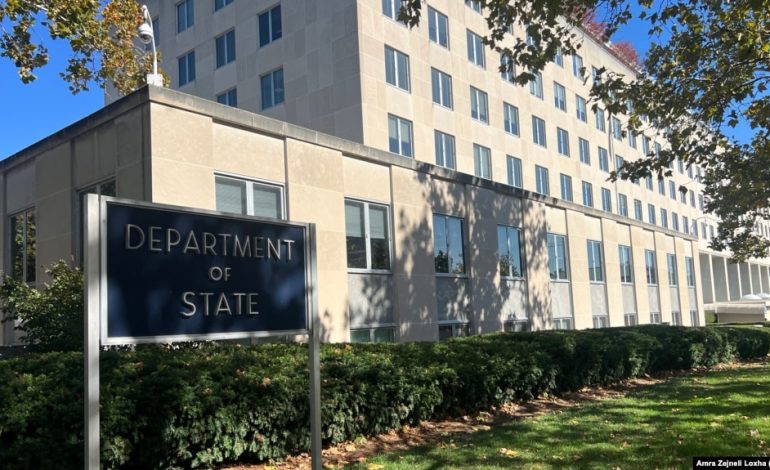ANALYSIS: US Rights Report Flags Armenia Over “Punishment Arrests” and Police Abuse Allegations

The US State Department’s latest human rights report on Armenia doesn’t mince words: despite constitutional safeguards, Armenian authorities are still accused of bending — or outright breaking — the rules when it comes to arrests and detentions.
Released this week, the 2024 Report on Human Rights Practices points to troubling cases where police allegedly used arrests “as a form of punishment,” alongside broader claims of arbitrary detention, torture, and weak accountability inside the justice system.
Armenia’s constitution clearly prohibits arbitrary arrests and detention, giving citizens the right to challenge such actions in court. But according to the US report — and echoed by Armenian human rights lawyers — those guarantees often falter in practice. Court decisions on detention, it says, are “unpredictable,” with defendants in similar cases facing wildly different restrictions.
Even more disturbing are allegations that police and security forces sometimes use violence against detainees with near impunity. Investigations into torture are often reclassified under softer charges like “abuse of power,” which carry lighter sentences. A 2023 ruling by Armenia’s Court of Cassation even criticized lower courts for ignoring weak investigations into abuse claims.
The State Department highlights two specific incidents that illustrate the concerns.
- The 2022 protester case: A citizen was forcibly detained during a peaceful demonstration and allegedly tortured by police. Prosecutors brushed off early findings suggesting torture, forcing victims to seek recourse in court. Judge Masis Melkonyan later ruled that refusing to launch a criminal case had violated victims’ rights and blocked a proper investigation.
- The Samvel Vardanyan case: The antigovernment activist was reportedly assaulted by masked men while being transported in a police vehicle. According to the report, he was dragged out, beaten, cursed at, and humiliated before being tossed back into the car. Armenia’s Investigative Committee opened an inquiry, but rights groups remain skeptical about accountability.
The report also flags worrying patterns beyond street protests. Families of soldiers continue to accuse the military of covering up abuse by labeling many noncombat deaths as suicides, making real accountability elusive. Meanwhile, two detainees allegedly jumped to their deaths from police buildings in 2023 — and, as of the end of 2024, not a single officer had been charged.
While the government generally respected freedom of the press, the report notes worrying exceptions. Independent journalists reported harassment, intimidation, and physical violence — particularly during waves of political protests in 2024. Watchdog groups say the rhetoric from political elites hasn’t helped, with some officials branding journalists as “corrupt” or accusing them of working for political enemies.
Reporters Without Borders ranked Armenia poorly in its 2024 World Press Freedom Index, warning that this climate of hostility was making it harder for journalists to hold power to account.
It wasn’t all criticism. The report acknowledges positive steps: Armenia officially raised the legal age of marriage to 18, closing loopholes that once allowed child marriage. The government also responded quickly and firmly to an isolated anti-Semitic incident, winning praise for a strong public stance against hate speech.
Overall, the US report paints a mixed picture: progress on paper in areas like marriage law and minority protections, but deep, unresolved problems in how the justice system treats detainees, protesters, and journalists.
The bottom line? Armenia is still struggling to shake off a culture where arrests can be wielded as punishment, investigations into abuse fall short, and dissenting voices often pay the price.









The latest news in your social feeds
Subscribe to our social media platforms to stay tuned